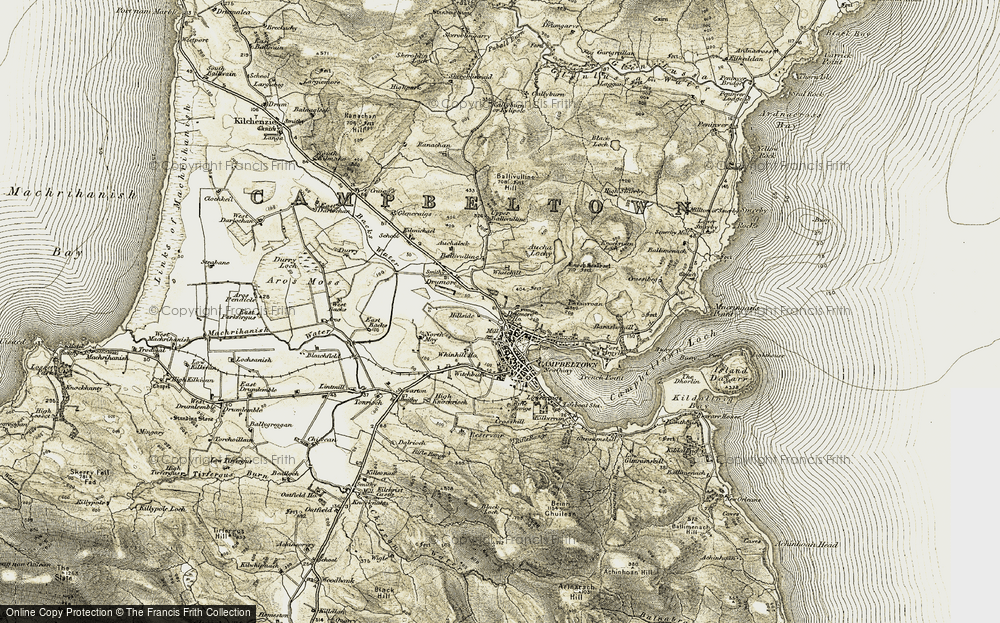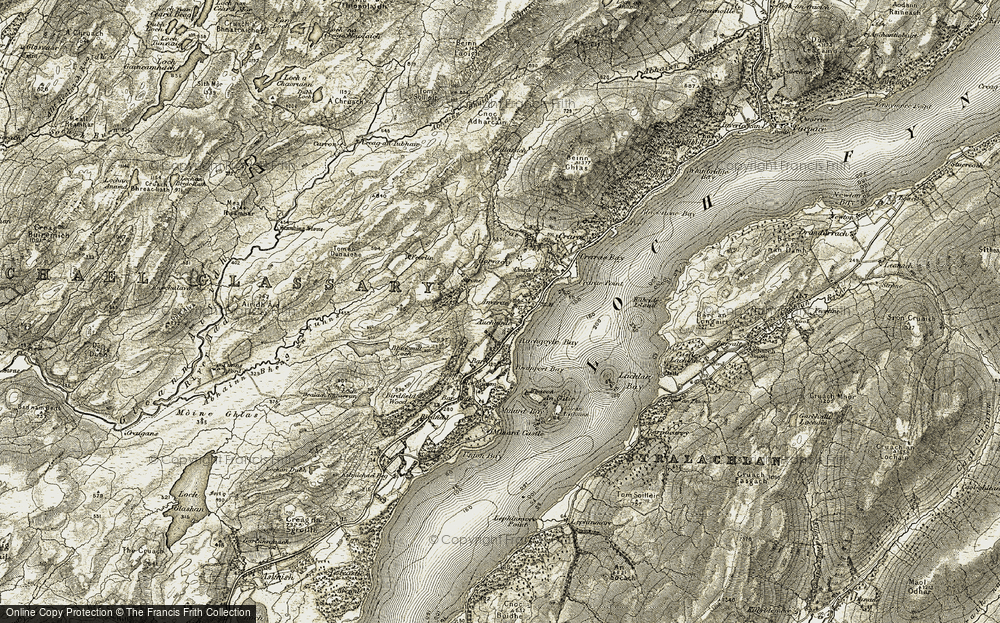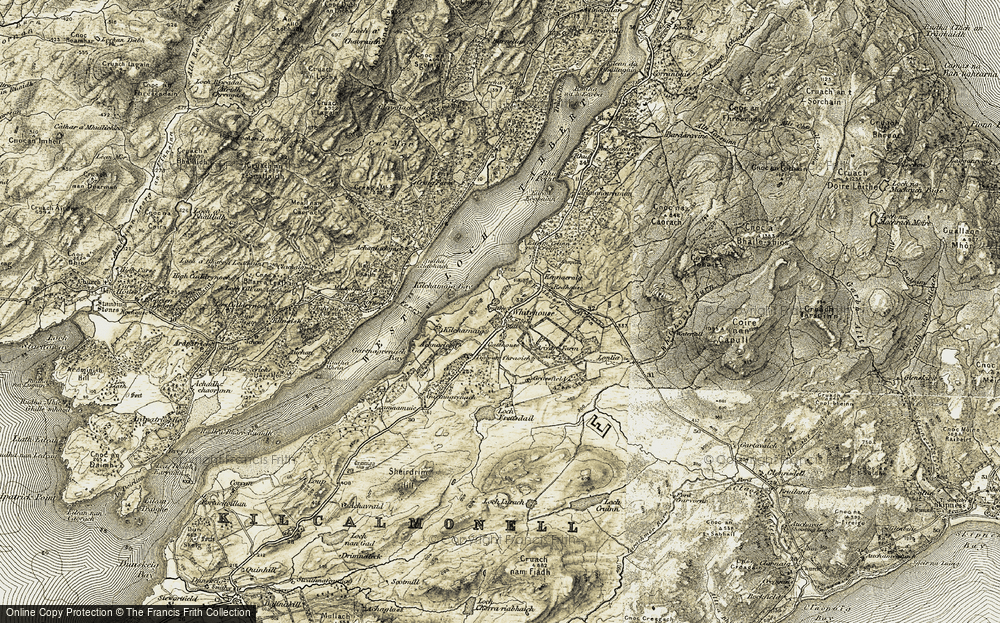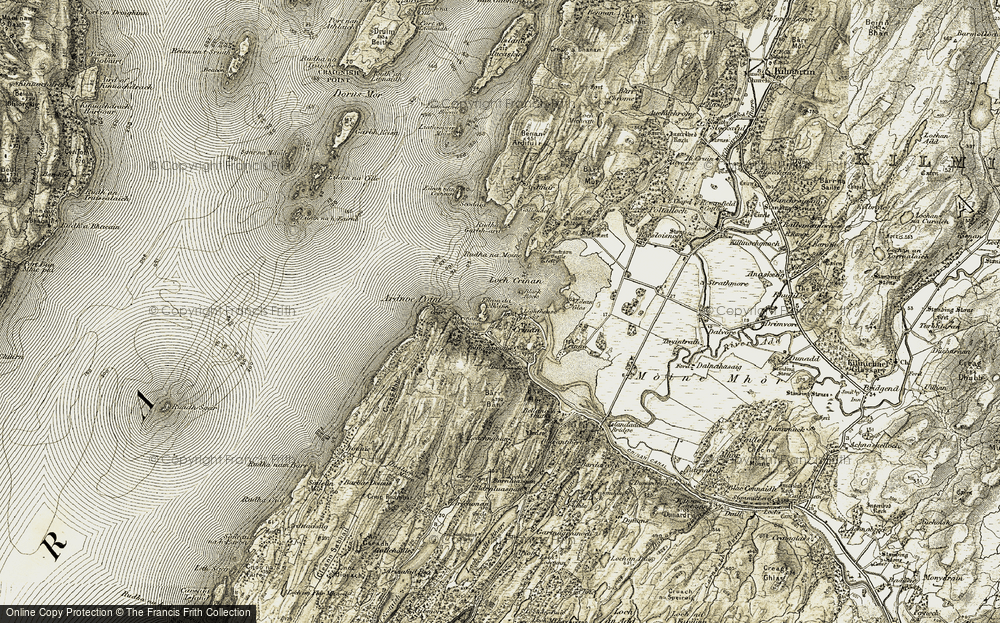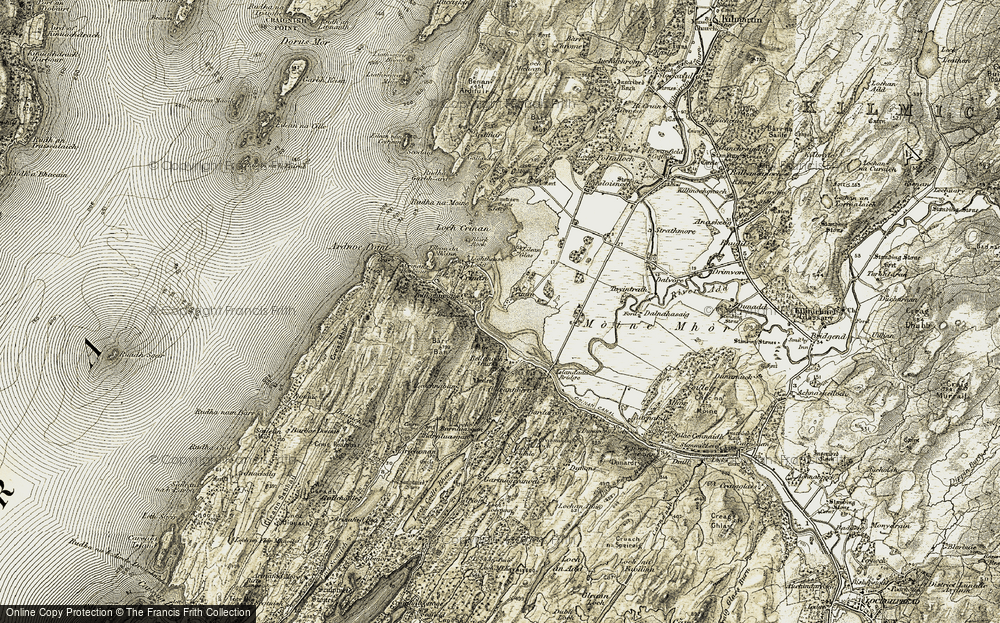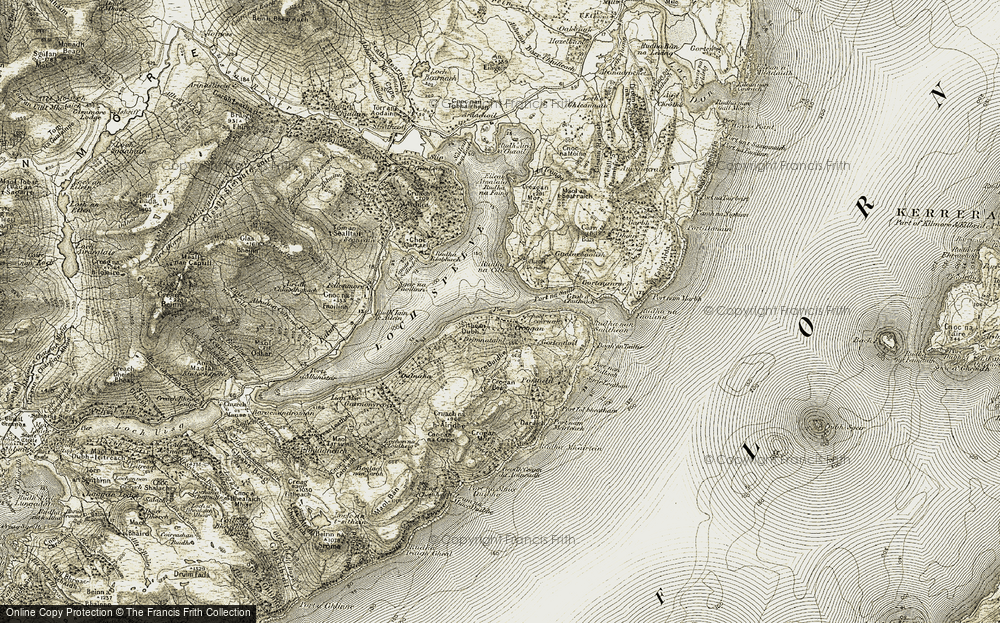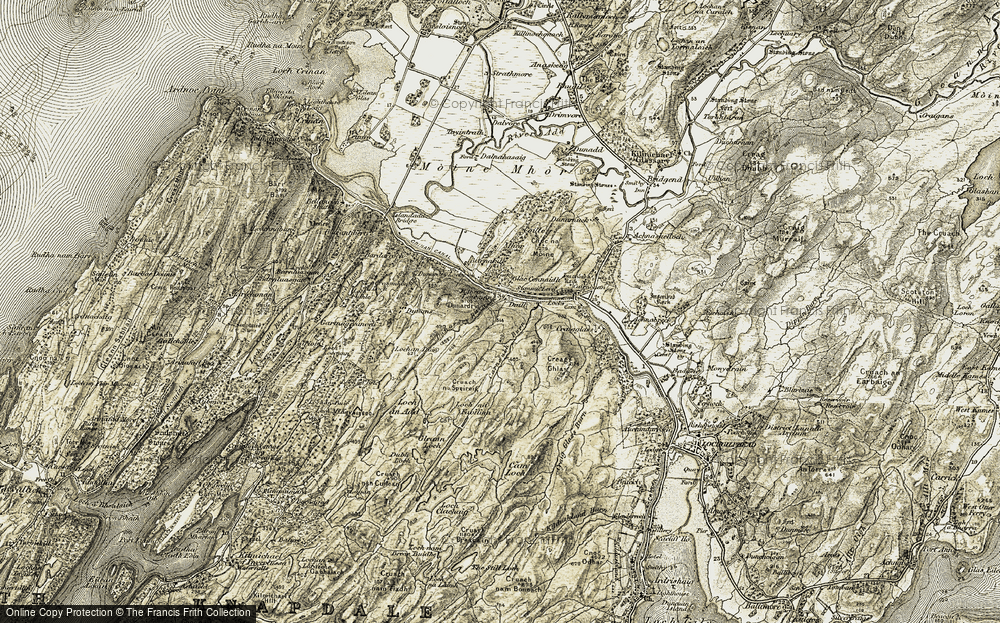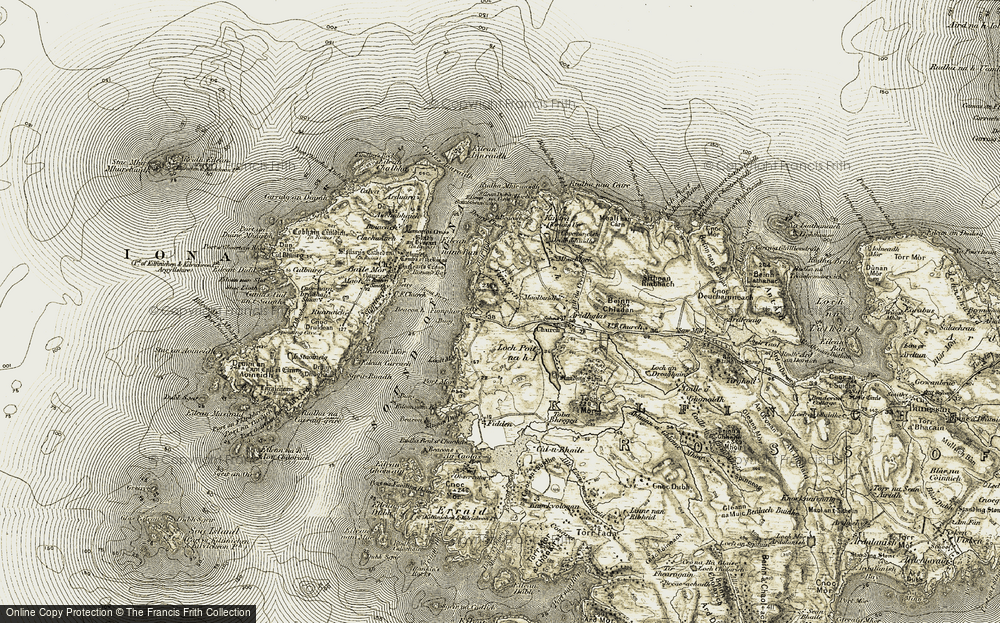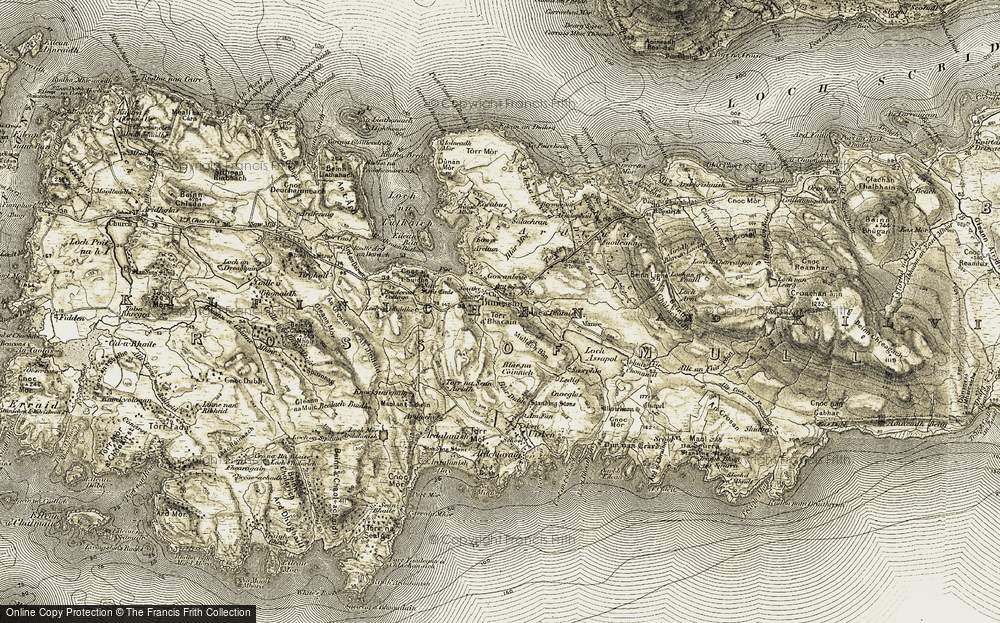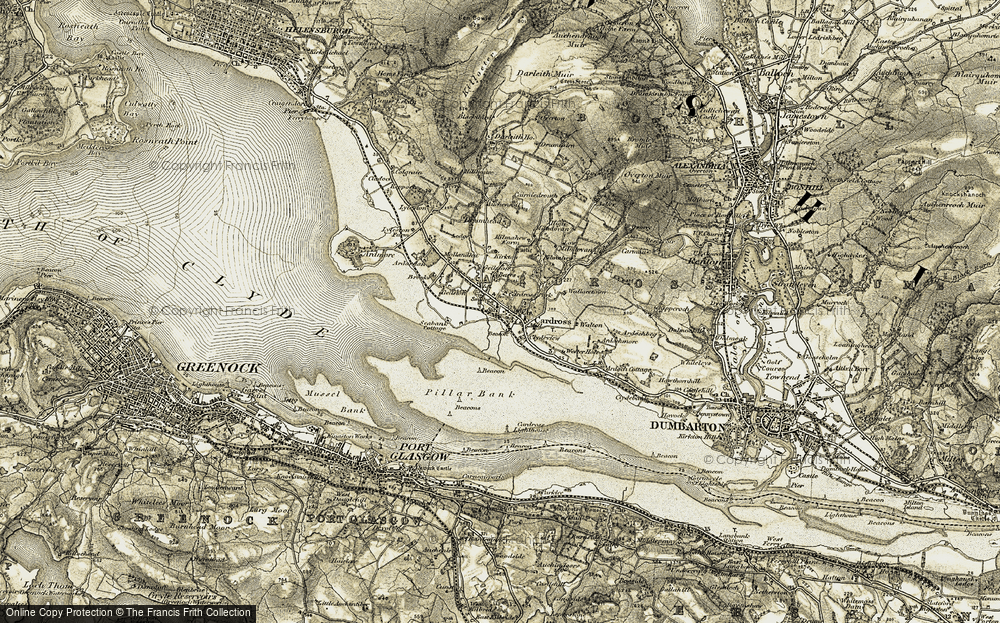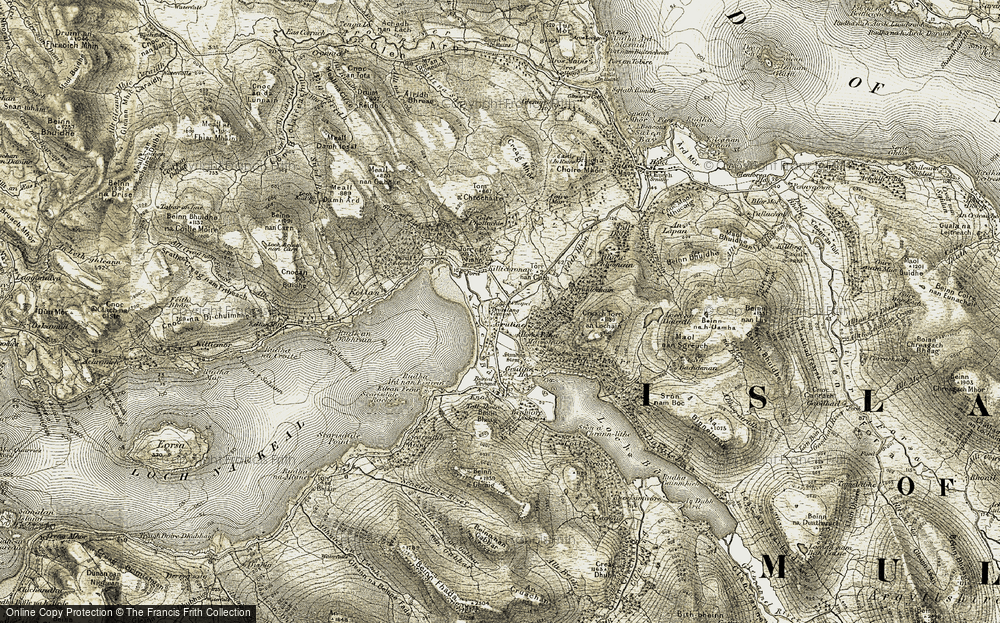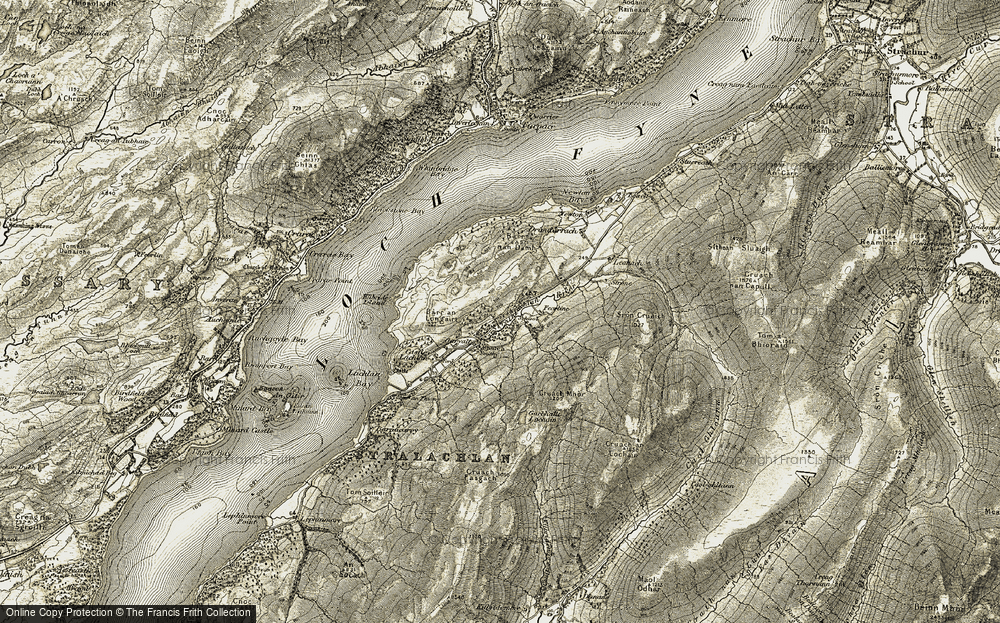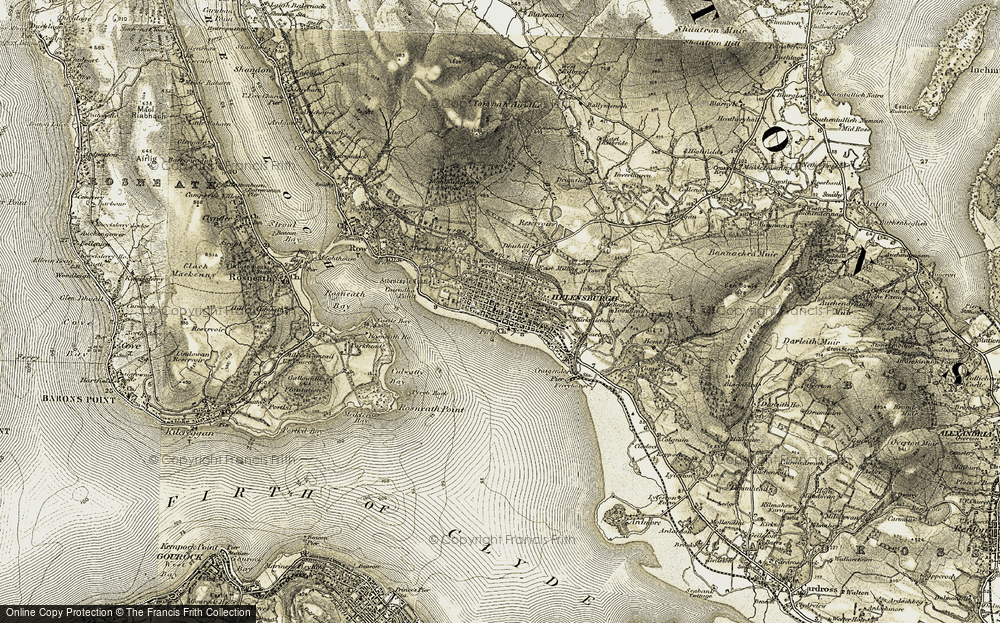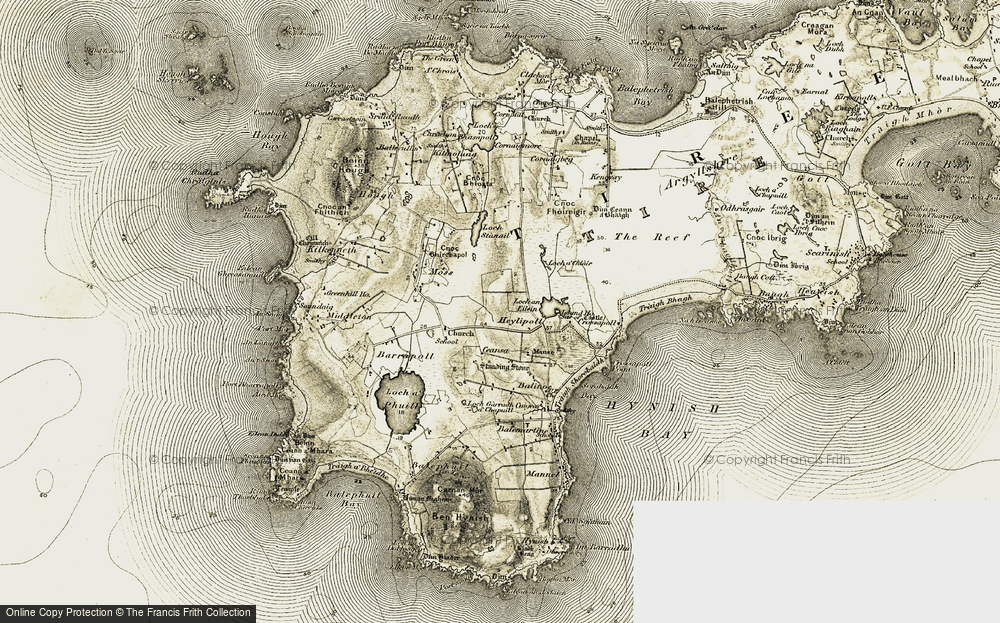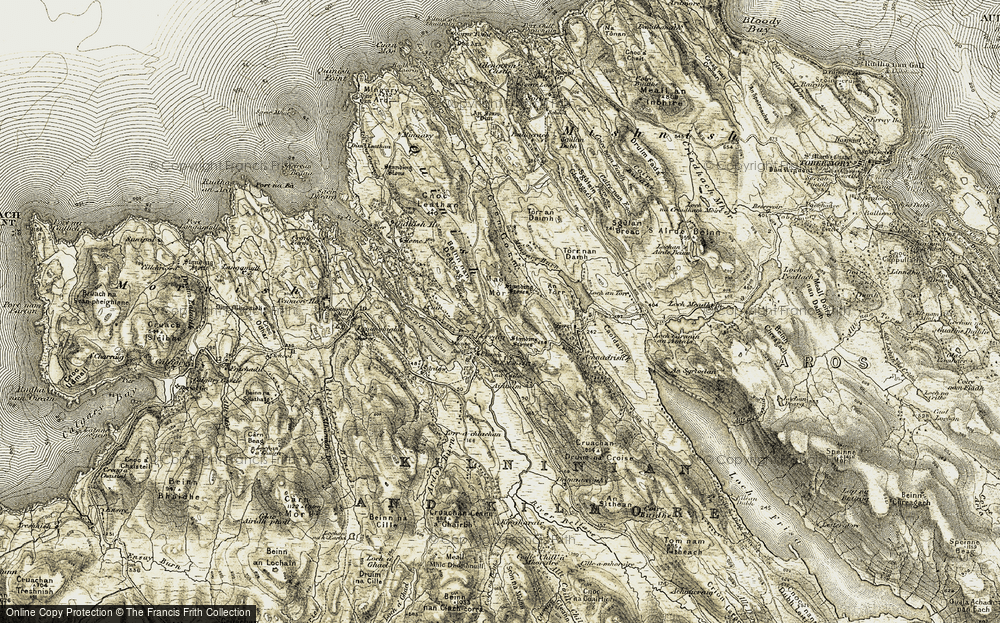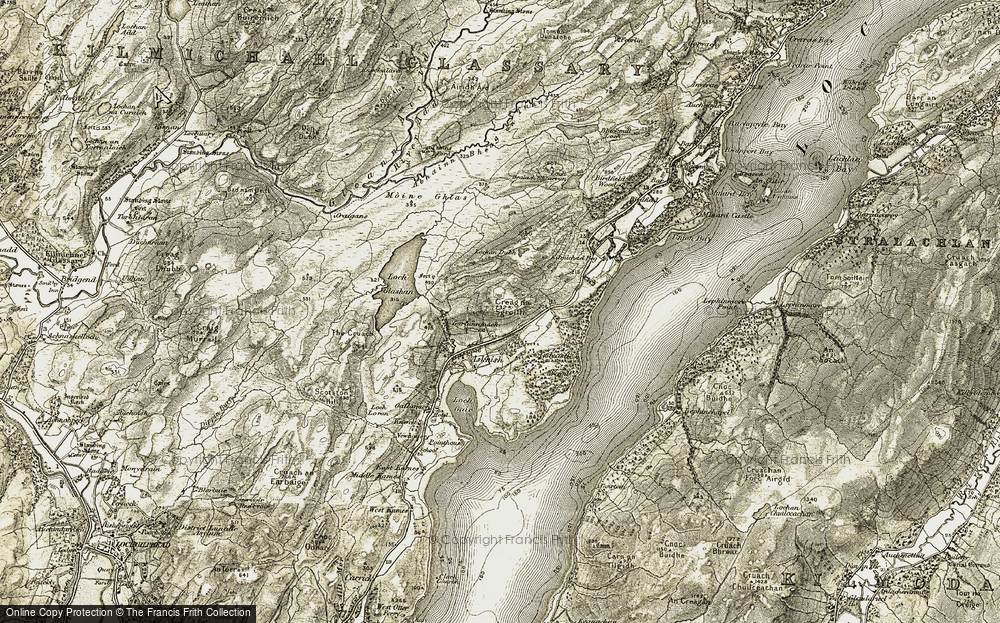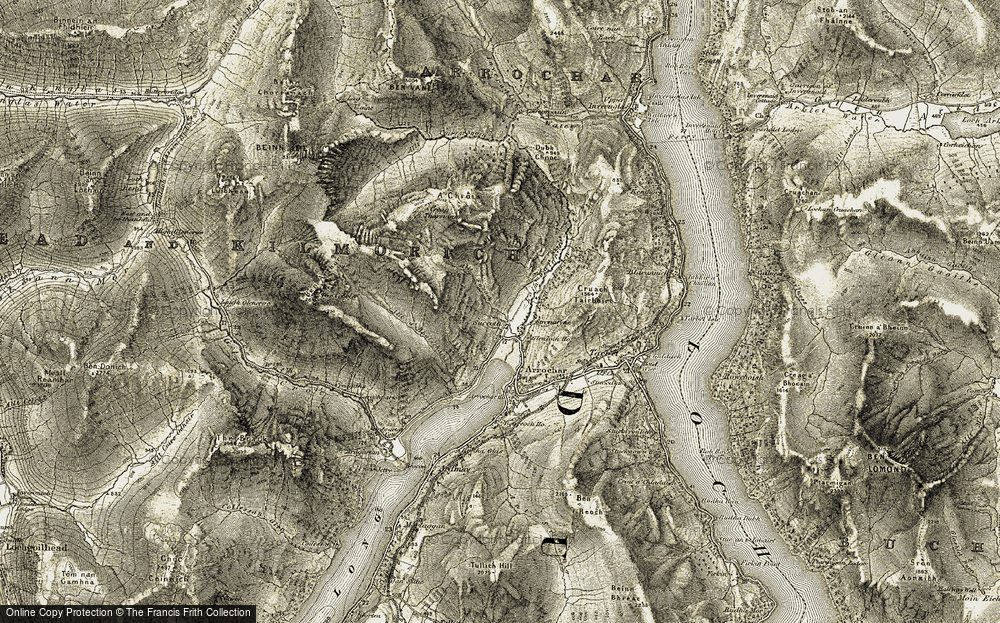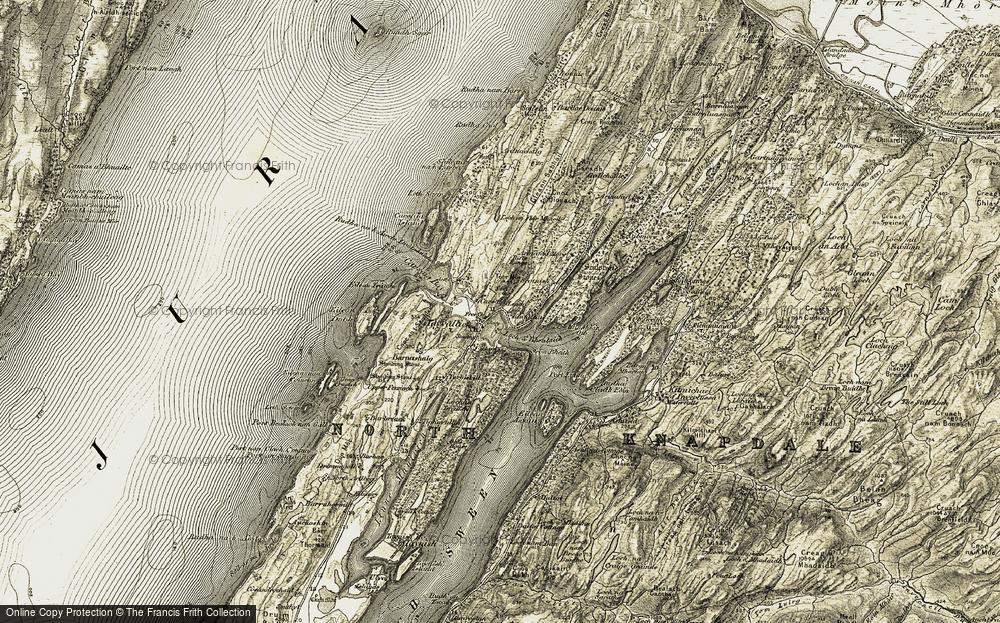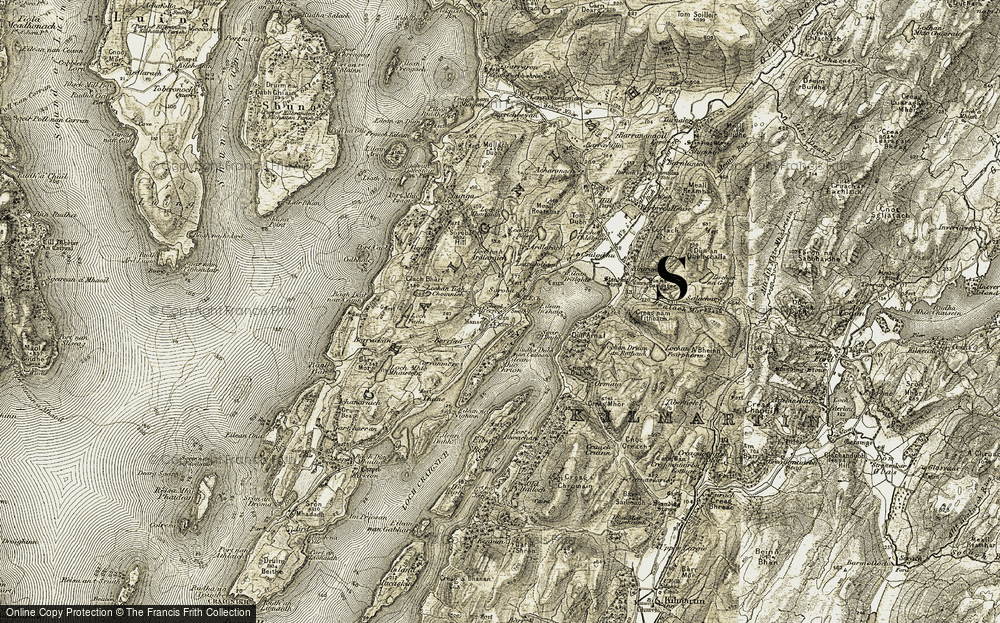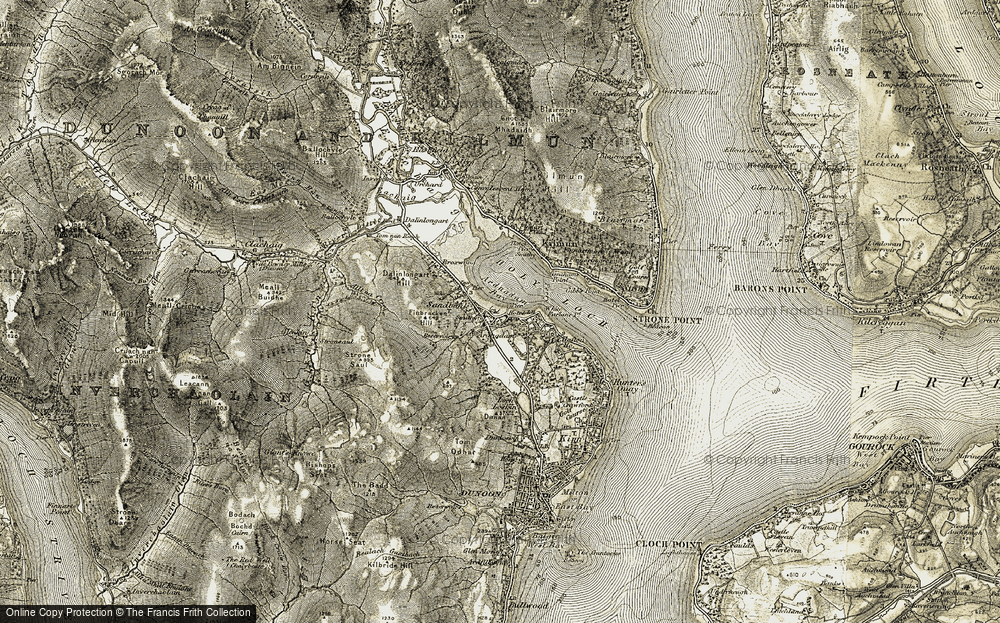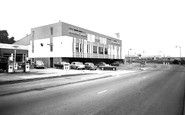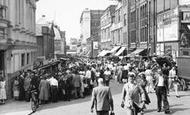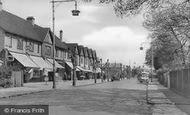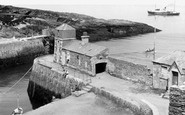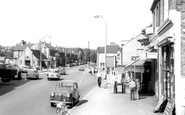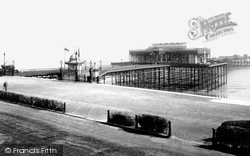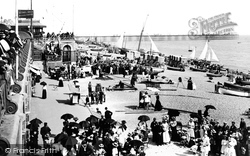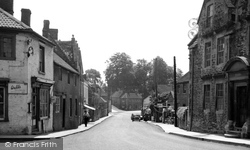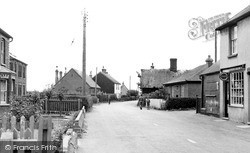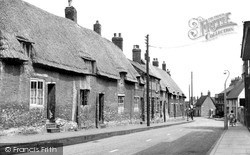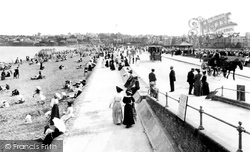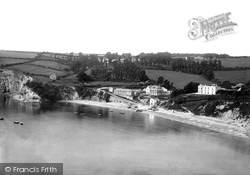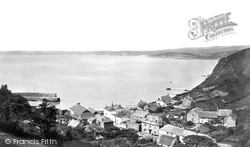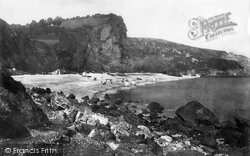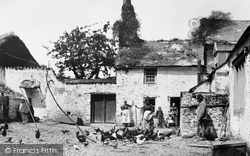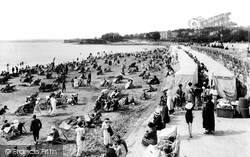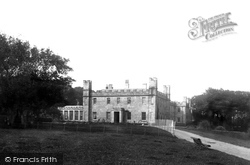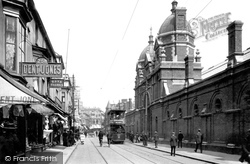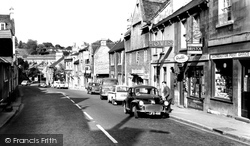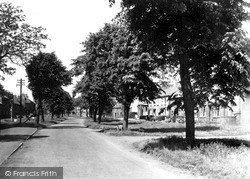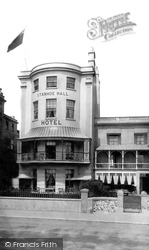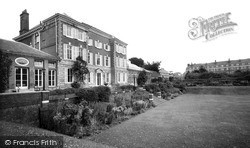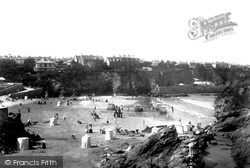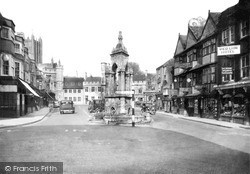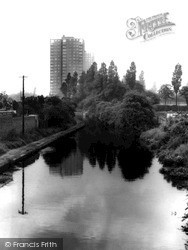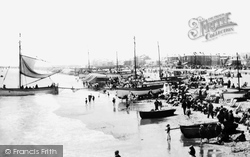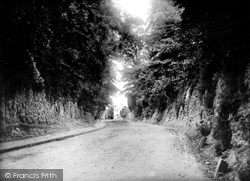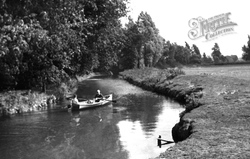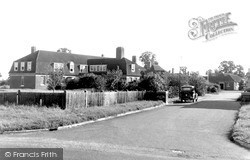Places
Sorry, no places were found that related to your search.
Photos
Sorry, no photos were found that related to your search.
Maps
1,353 maps found.
Books
3 books found. Showing results 577 to 3.
Memories
2,048 memories found. Showing results 241 to 250.
Born And Lived In The Area
I used to have a hair cut at the bowling alley, when I could afford it. If not it was Smiths on bath Road.# Went to Westgate school. Mr. Rackstaw? Mr. Good?? Terry Davies? Was a milk lad for Ron Botley. Neville & ...Read more
A memory of Cippenham by
Born In 1942 Lived In Westbrook Road
Born in 1942, Lived in Westbrook Road. Attended Heston Infants School, Heston Junior School and Spring Grove Central School. I have lots of memories, but reading other people’s entries has reminded me of names of ...Read more
A memory of Heston by
Born In Croydon 1953
I was born at Mayday Hospital 1953. I had an older brother, John Read, and sisters, Judith and Gillian. John went to the Catholic school St Peters and Gillian and me went to the convent in Lingfield until we all emigrated to ...Read more
A memory of Croydon in 1962 by
Born In Prairie Road, Addlestone
I was born at 53 Prairie Road in 1964, my earliest memory is going to school in Chapel Park Infants School, Chapel Avenue, then we up to infants school in School Lane and then over the road to the juniors which I ...Read more
A memory of Addlestone by
Born In Salford, Living There Until 1951, My Happiest Years
Actually I was born in 1936, in Hope Hospital. My mom was Elizabeth Scotchford and my dad Noel Lilley. They separated after my brother Paul was born. My only memory was living with my ...Read more
A memory of Salford in 1940 by
Born In Wimbledon Ann Lawrence
I was also born in Wimbledon and have such fond memories. I was born at 33 Compton Road in 1947. I had five brothers and sisters, I was the second to last child. We all attended Old Central School, Camp Road on the ...Read more
A memory of Wimbledon by
Born On Sutton Flats
I was born on Sutton Flats (now demolished) Pendleton in 1941. My first vague memory was sitting under a table with a blanket draped over it and a lit candle (must have been an air-raid on at the time). My first real memory ...Read more
A memory of Salford by
Borth Amlwch
I am now in my mid 80's. I lived in Borth from the age of about three until eleven years at 23 Well St (Lon Wen). This was during the days of the depression and conditions in the port were grim. Many of the men had joined the whaling ...Read more
A memory of Amlwch in 1930 by
Borth Y Gest Simply The Best
I'm privileged to be the first to leave a memory relating to Borth Y Gest. I first had a holiday there in 1964. The owner of the factory where my dad was director owned a lovely holiday home in an elevated ...Read more
A memory of Borth-y-Gest in 1964 by
Bourne Road Bexley
The building with pointed roof, left of centre of the pic is Bexley Library. On the right I remember the first building as a stationery shop and further into the photo on the right would be the Post Office. On the left, just out ...Read more
A memory of Bexley by
Captions
1,059 captions found. Showing results 577 to 600.
The pier was built in 1891 - the year of this picture - opposite the Royal Victoria Hotel and immediately in front of the former Baths, described by a gushing contemporary account as 'such that the most
We are looking east along a lively Brighton Beach towards the unfinished Palace Pier at the close of the 19th century.
Bath Road is an extension of the village, which grew with the wool trade in the 17th and 18th centuries. Until a by-pass came in 1990, it carried both the A36 and A361.
The Deanery Tower 1922 When the Deanery Tower was built in the latter part of the 15th cen- tury by Suffolk's Archdeacon, William Pykenham, it was supposed that it would be the gateway to a palace
Said to be the largest village in Northamptonshire, Irchester now has a population of more than 5,000.
The promenade and beach are thronged with visitors. The ungainly motor vehicle in the centre is still an unusual enough feature for it to be attracting the attention of bystanders.
Perhaps originally a retreat for the locals, being only a couple of miles from the town of St Austell, Porthpean had become a 'charming seaside resort, much frequented in the summer months as a boating
The steep descent to the end of a lane gives a certain isolation to Polkerris, and this early view shows perfectly how the little village clings to the valley bottom behind a beach and stone pier.
The beach may have been home to bathing machines by day, but at night there were other things going on - in 1853 a raid by customs men revealed 153 casks of smuggled rum and brandy.
This is believed to be the oldest building in Bideford, dating from the 14th century. Less than half a mile upstream from Bideford Bridge, it is close by the original river crossing.
Torquay has long been a magnet for holidaymakers from all over the country. Its gentle climate in all seasons has proved irresistible.
Tregenna Castle was built as a house for John Stephens in 1774 to the designs of John Wood the younger, the well- known architect of Georgian Bath.
The dominant building in this photograph was first a Victorian covered market, claiming to be the largest undercover market in Britain at the time.
Heading north-east out of Bath on the A4, cross the A46 junction onto the old A4, which soon becomes Batheaston High Street.
Virtually joined to Thirsk even fifty years ago, Sowerby was the home of the wealthy, with Sowerby House off to the left, and de Mowbray House at the far end of The Avenue.
In 1899, G H Warnes converted York Terrace into Worthing's premier hotel, with a Palm Court sextet performing daily in the ballroom.
side of King Street, adjoinging the old baths site.
This is a great place for a seaside holiday, with golden sand serviced by the growing resort of Newquay, with hotels and boarding houses built literally to the cliff edge.
The sign in the centre, pointing against the flow of traffic today, indicates the A369 to Bath and Bristol - the High Street used to have two-way traffic.
A massive building programme changed the face of Wednesfield in the 1950s, and tower blocks like these seemed for a while to be the answer to the housing problem.
A few children are paddling in the sea, but there no swimmers, although rows of bathing machines are set up along the shore.
This shows a very deserted unmade road leading into town, more familiar to motorists today, who have to slow down at the top in order to join the Bath Road into Devizes.
In the days when Bungay was a thriving port, trading wherries would come through Geldeston Lock near Beccles, and sail up the Waveney to what used to be the limit of navigation for large craft.
This hospital was built as a replacement for the cottage hospital in Bank Street. Mrs Ludlow Bruges of Seend was the benefactor who gave the hospital to the town.
Places (0)
Photos (0)
Memories (2048)
Books (3)
Maps (1353)


